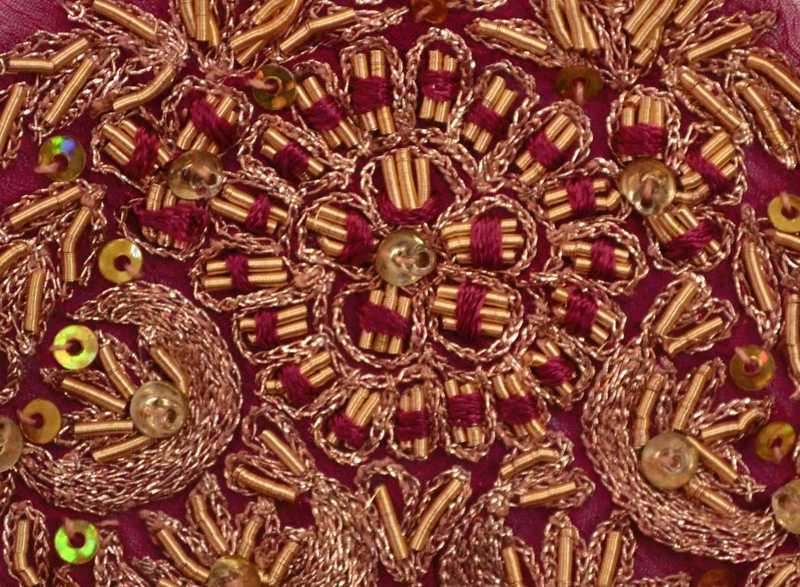===
1582,
5
===

=== |
 |
kah ke taġhāful un ne kiyā thā lekin taqṣīr apnī hai
kām khiñchā jo teġh tak us kī ham ne kiyā iṣrār bahut
1a) after our having spoken, she had ignored/neglected us; but our shortcoming/offense is
1b) having said 'negligence', she had done it; but our shortcoming/offense is
2) when the work/desire/throat was drawn/pulled/attracted as far as her sword, we insisted a great deal
taġhāful : 'Unmindfulness, heedlessness, forgetfulness, neglect, negligence, inattention, inadvertence, indifference'. (Platts p.328)
taqṣīr : 'Defect, failure, omission, shortcoming; mistake, error, fault, offence, crime misdemeanour; guilt, blame'. (Platts p.330)
khiñchnā : 'To be drawn, dragged, or pulled, &c.; to be attracted; to be absorbed, be sucked in; to be drawn out, be extended, be stretched; to stretch; to be extracted; to be drawn tight, be tightened ... ; —to be borne, be endured, or suffered'. (Platts p.872)
iṣrār : 'Persevering; persisting (in); perseverance; obstinacy'. (Platts p.58)
FWP:
SETS
MOTIFS == SWORD
NAMES
TERMS == AMBIGUITY; THEME-CREATION; WORDPLAYReally the complexity of the wordplay is remarkable. That second line is just dazzling. Its high point is of course kām , since all its three senses of 'work', 'desire', and 'throat' are fully and enjoyably operative; for more discussion, and examples, see {7,1}. Then, the kām is paired with khiñchnā , a verb with a range of meanings that include 'to be drawn' (like a sword), 'to be pulled, dragged', 'to be attracted' (see the definition above).
As SRF observes, the literal meaning of taqṣīr as 'shortfall, shortcoming' also works beautifully with the idea of reaching 'up to, as far as' the sword [teġh tak].
Then, more semantically, the opposition between the beloved's 'negligence' (or inattention) and the lover's 'insistence' (or what might be called hyper-attention) is at the heart of the verse. The lover can endure the beloved's negligence with proper humility and self-restraint in the normal way of things-- but oh, her sword! The idea of it, the mention of it, the sight of it-- he can't refrain from eagerly demanding it, from stubbornly insisting on trying it out.
What happens next? The narrative leaves us there. Did the lover experience only shame and failure? Or did he experience further dire punishment at the beloved's hands? Or did he experience death, and savor it as a guilty pleasure? Or did he experience death, but alas, chiefly as a sign of his humiliation and 'shortcoming'? We have no choice but to take our choice.